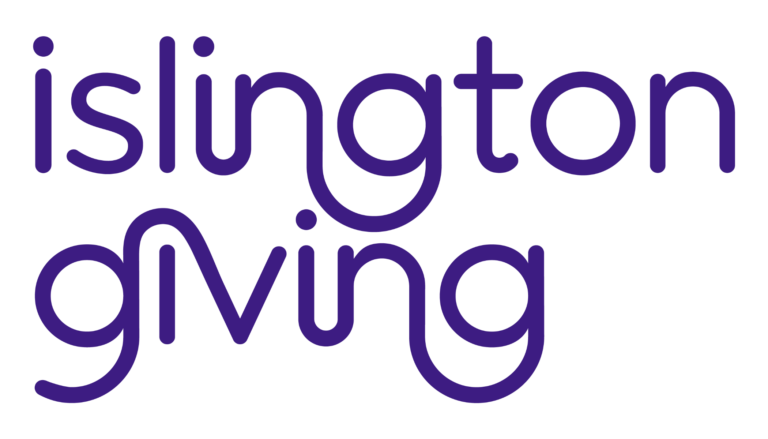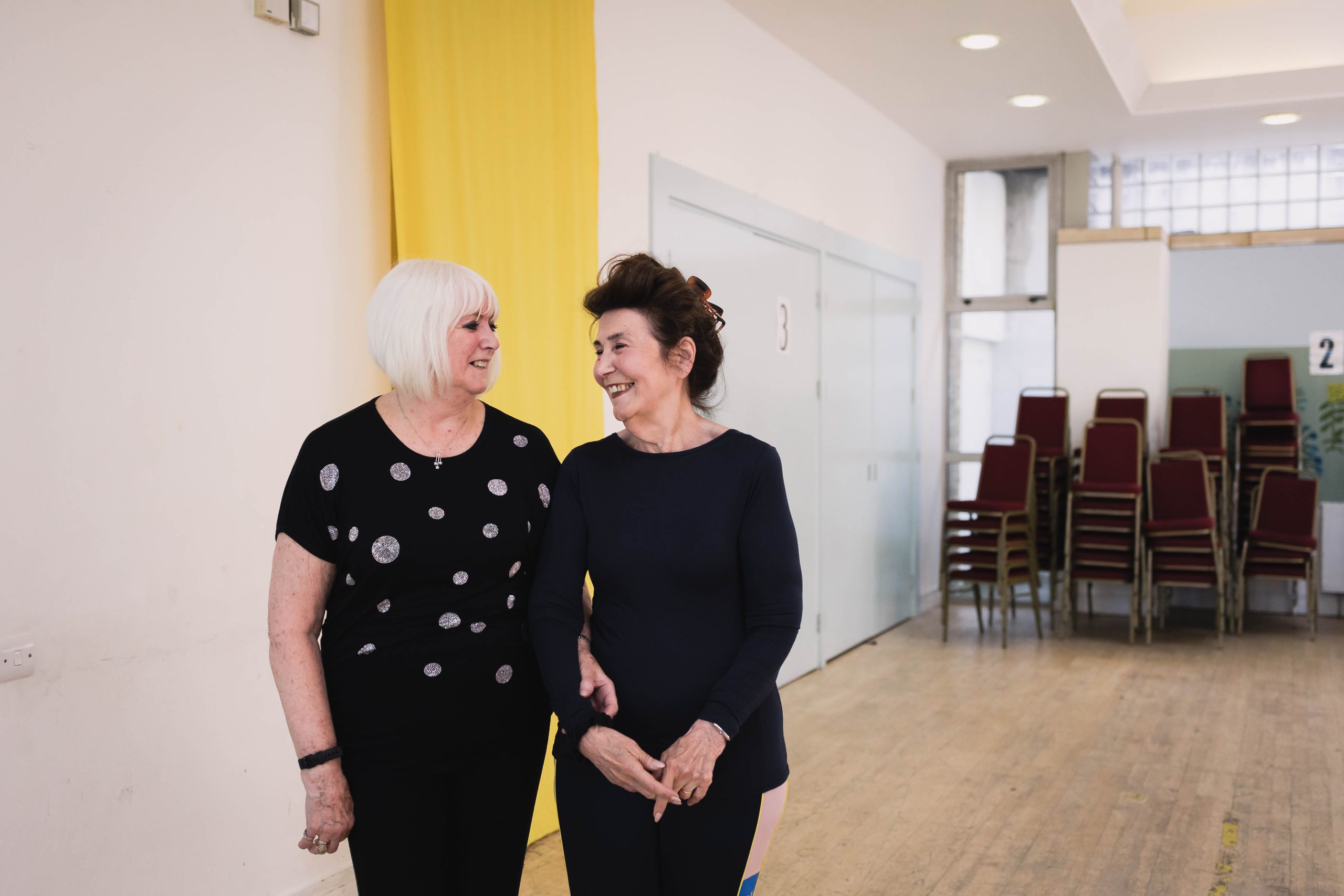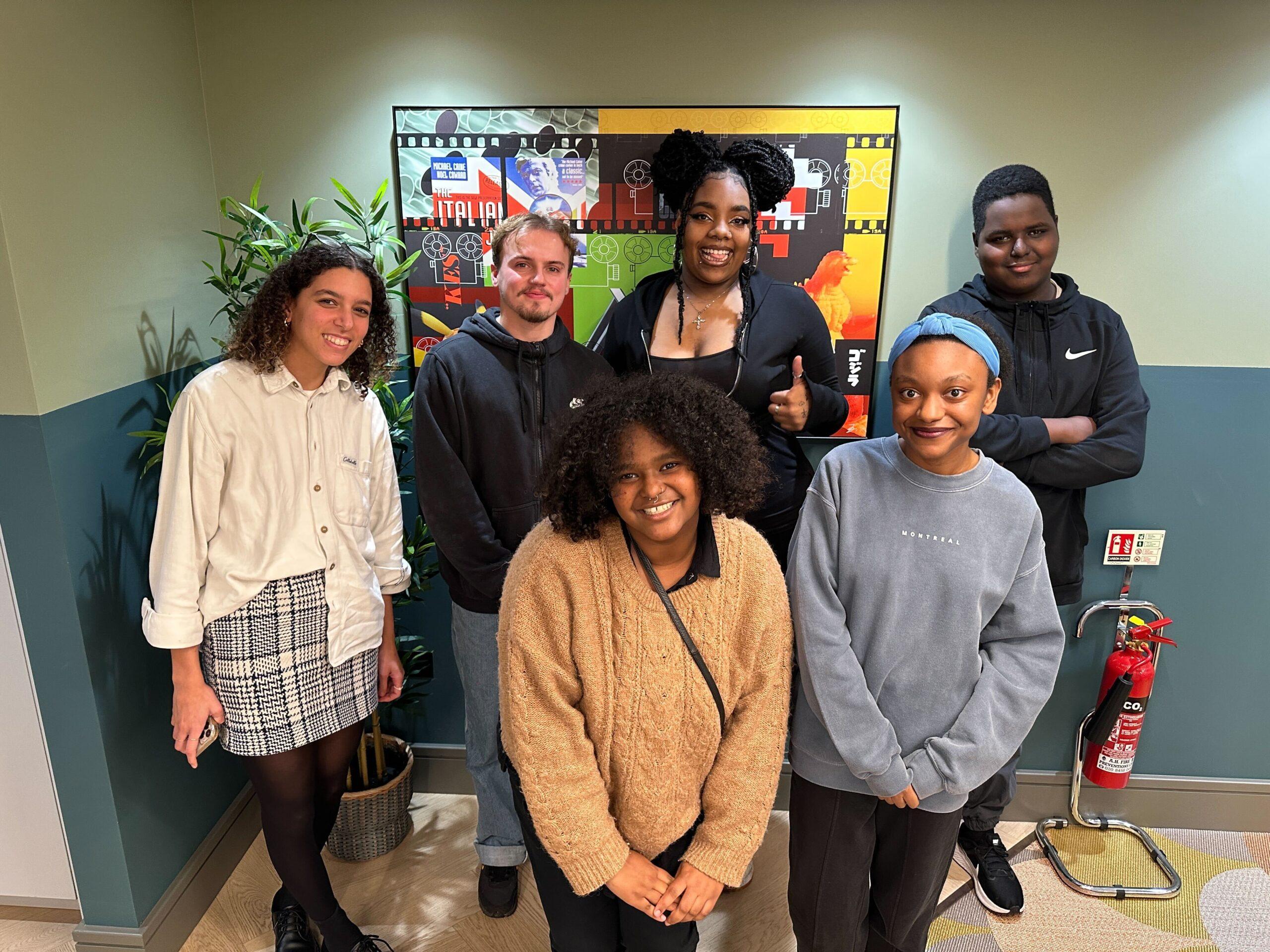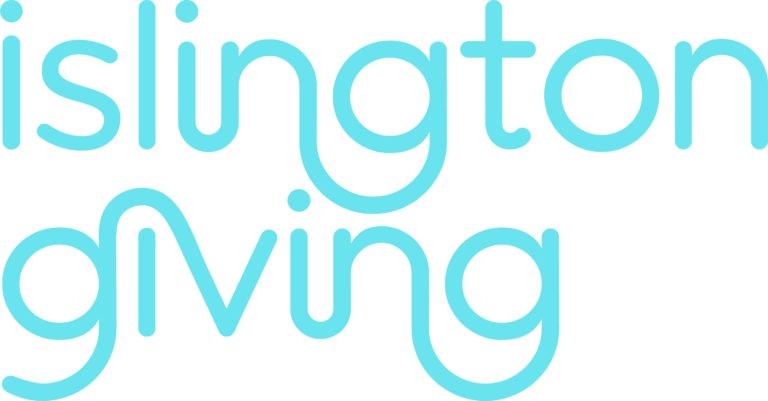Carys works for an Islington-based animal welfare charity and is an active member of the Body & Soul community, supporting their work with young people and mental health. We caught up with Carys following her incredible wild camping trip along the Jurassic Coast, which was made possible with funding from the Islington Giving Young Catalyst grant.

How did you find Body & Soul?
I found Body & Soul after many years of trying to make sense of mental health symptoms that limited my life from teenage years through to university, to the point that I had to take a break from my studies. While I had access to professional help at uni, I also experienced conflicting diagnosis, various attempts at different but unsuccessful treatments and therapies, a 2-year long waiting lists for NHS mental health support, even suicide attempts. I eventually found Body & Soul through a recommendation on one of the Facebook groups for people with similar experiences and symptoms.
I was able to self-refer to Body & Soul and after initial assessment they invited me to their dialectical behaviour therapy (DBT) group that meets once a week over several months. The DBT approach has been found to help with many mental health symptoms, such as anxiety, depression, self-harm, eating and personality disorders. During the weekly sessions participants will learn about understanding and accepting your emotions, learning skills to manage them and ultimately becoming equipped to make positive life changes.
I wanted to give something back to the community that has helped me so much.
How did lockdown make you feel?
Lockdown was difficult for me, as I know it was for everyone. I live on my own and was furloughed from my job which, together with what was going on outside the home, made everything really unsettling, isolating and quite scary. I was at the point of my life where it would have been important to see people and try to get out and accomplish things, but instead I was at home alone, not sure about my work situation or anything else. Still, I was lucky to have gained some useful coping mechanisms from my months with the Body & Soul group just before the lockdown.

The Body & Soul team were brilliant at offering continued remote support, wellbeing groups and one-to-one help. It was so nice to know someone was there to check on you and wanting to know how you were doing. Thanks to my positive experiences with Body & Soul I’m now volunteering for their MindSet project, which is a digital resource for young people to improve mental health and wellbeing.
Tell us about your hiking experience that IG Catalyst grant supported?
After the lockdown restrictions, I was keen to get out to try some new things. I’ve always been an active, outdoors person and enjoy a sense of achievement. I had mentioned to Body & Soul people about how I’d love to do a solo hike around Jurassic Coast, and they were so great: they pointed me to the Islington Giving Catalyst grant and even though I did it by myself, I met so many great people along the way. With over 100km walking over four days I felt such a sense of accomplishment and a boost to my wellbeing. I’m now looking forward to more adventures like that both on my own and with friends.
I had mentioned to Body & Soul people about how I’d love to do a solo hike around Jurassic Coast, and they were so great: they pointed me to the Islington Giving Catalyst grant and even though I did it by myself, I met so many great people along the way.
What would you like to say to people who don’t have personal experiences of mental health symptoms?
Language matters and can feed stigma around mental health and I wish people were a bit more mindful of the way they use it. I see a lot of thoughtless language used in e.g. dating apps where people say hurtful things in their dating profile, like” No crazies please” or complain about always being matched with people with mental health problems. Some people also use terms like “OCD” or “suicidal” quite frivolously, which can be really damaging for people who struggle with such symptoms.

Because of the invisibility of many mental health conditions, we often experience “toxic positivity” where a friend might say something along the lines of “You’ve always looked fine to me so how can you feel so bad!”. Some people try to offer solutions (like you hadn’t tried yourself!) when you’d just like them to be there and listen. “Just have a bath and relax” or “I’m sure if you’ll just decide to start eating your eating disorder will be fixed” are not the most helpful things to hear.
Check resources shared come from reputable and evidence-based sources.
What would you say to a young adult who is worried about their mental health but can’t afford to pay for expensive private therapy sessions?
I know it can feel overwhelming and frustrating, but don’t give up your research and keep contacting your GP – there might be new therapy/treatment pilot projects you can get access to if you keep in touch with your local GP. They might also be able to provide you with a list of other mental health support in the area – I was surprised at how many charities and voluntary sector organisations and community groups provide some level of support and wellbeing activities. Also, there are FB groups and other online forums for particular conditions and groups (e.g. LGBTQ+ or particular ethnic groups) which can be helpful for finding support and sharing experiences; as with all online forums just do take some suggestions with a pinch of salt and check resources shared come from reputable and evidence-based sources.
Interview by Anu Liisanantti
Sign up to our newsletter for more insightful content.






